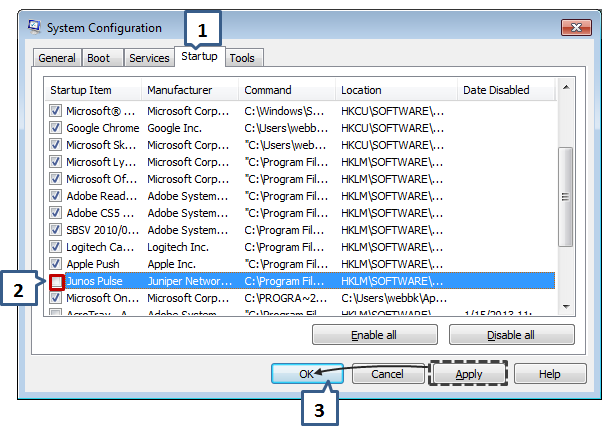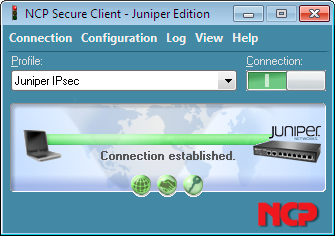
Free download juniper vpn client windows 7 Files at Software Informer. The Cisco VPN Client is a software that enables customers to establish secure, end-to-end. My company uses Juniper networks for vpn access. I am unable to get the juniper network connect client to work on windows 7 64-bit. It used to work before but after I. Juniper Edition (IPsec client) FAQ. NetScreen-Remote 9.0. Windows 7 (32 and 64 bit OS Versions). Where can I download the NetScreen-Remote VPN Client.
I hope someone can help me understand the VPN Client/AnyConnect client situation. I have a Windows 7 64 OS. I have several (5+) clients that use various versions of the Cicso VPN (I don’t know what version, and really don’t care; as long as it works).
Free Vpn Client Windows 7
I had absolutely no trouble with the XP based client. One of my clients just gave me the AnyConnect client (apparently the only Cisco client that will work with 64bit Windows 7). I seem to have no luck configuring (pcf files), or connecting to any of my client with this version. Am I missing something? Where to the pcf files come into play?
Dragon naturally speaking version differences. So far, this has been a pretty frustrating experience. Thanks, Greg Wilkerson. Greg, Usually, the AnyConnect client gets the profile information at connection-time from the ASA. You enter your VPN gateway address or dns name, click connect, and it will prompt you for login crendentials.
Once you enter those, the ASA will send down the tunnel group, acls, and other parameters. The old '.pcf' format only applies to the legacy IPSEC clients. The 'anyconnect' client profile is basically an XML file containing servers to connect to and client features to enable/disable. You can read about that here: Cheers, Tim. Hi Greg, Cisco does not yet have a 64-bit IPSec client, and I'm not sure they ever will. The AnyConnect client will require some additional configuration changes to the firewall as well as an upgrade of code to 8.x if you're not already there.
The ASA comes with 2 AnyConnect licenses; any additional users and you will have to purchase more licenses from Cisco. Shrew Soft has a (free) IPSec client that works with 64-bit Windows Vista and Windows 7. It's a little tricky to setup, and may not be as stable as the Cisco client (or supported), but it might be worth a shot. The latest development release is the one you would need to install. The 'stable' release does not support 64-bit and would likely blue screen your PC. Greg, Usually, the AnyConnect client gets the profile information at connection-time from the ASA. You enter your VPN gateway address or dns name, click connect, and it will prompt you for login crendentials.
Once you enter those, the ASA will send down the tunnel group, acls, and other parameters. The old '.pcf' format only applies to the legacy IPSEC clients. The 'anyconnect' client profile is basically an XML file containing servers to connect to and client features to enable/disable. You can read about that here: Cheers, Tim. February 18, 2010 Due to popular demand, the Cisco VPN Client v5.0.7 open beta is now available! In addition to serving as a general maintenance release, the Cisco VPN Client 5.0.7 beta is compatible with Windows 7 & Windows Vista 64-bit environments. A 64-bit specific compatible image is available for installation on these platforms.

Please have communicate feedback (both positive and problems) to. Key Capabilities available for Beta Testing: New Platform support – Windows 7 & Windows Vista 64-bit platform compatibility Software Access: (under 5.BETA) Software is available for download by any customer with a Cisco.com SMARTnet™ enabled login. Release Notes will be available next week via a link once the download image is selected.
NCP Secure Entry Client - the professional VPN solution for communication with Juniper IPsec devices (ScreenOS / JunOS). Can be installed on any Windows operating systems in 32/64 bit (including Windows 10). The only IPsec Client officially supported by Juniper. Authentication is possible with Pre-Shared Keys, OTP tokens or certificates. Certificates are supported as file certificates (PKCS#12), USB Tokens, Smartcards or Windows Certificate Store.

The embedded cryptographic module has been validated as conformant to FIPS 140-2 (certificate #1051).